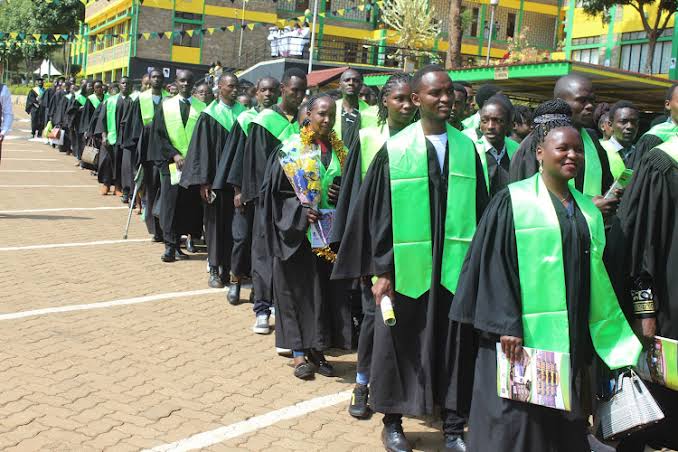Kenya is facing a complex challenge: over 300,000 trained and registered teachers currently seeking opportunities, even as schools across the country report persistent staffing shortages.
In response, the government recently announced a plan to cap admissions into teacher training programmes, a move prompting controversy across the education sector.
Education Cabinet Secretary Julius Ogamba disclosed that approximately 343,485 registered teachers are unemployed, according to data presented in the Senate. Meanwhile, there is a stark contrast with the reported deficit of 98,461 teachers in public schools.
This dual reality—teacher unemployment on the one hand, and shortfalls on the other—pushes education authorities to address the mismatch.
Misspending of the government training budget, uneven distribution of teachers across counties, and financial limitations all contribute to this paradox, according to Ogamba .
The proposal to limit intake into teacher training colleges is being floated as a way to regulate the supply of teachers to align with actual hiring capacity—one that hinges significantly on Treasury allocations and the policies of the Teachers Service Commission (TSC).
The government’s rationale centers on managing the surplus of unemployed trained teachers. Ogamba’s office suggests that unchecked admissions exacerbate the number of graduates who can’t be absorbed—leading to a cycle of frustration, economic strain, and a drain on public resources.
Financial prudence, they argue, demands that training slots reflect realistic future employment prospects.
However, university vice-chancellors, teacher trainers, and educational think tanks strongly oppose the cap. Their core arguments:
Macro-Shortage Looms
They warn that restricting trainee numbers now underestimates future needs. Long-term plans—like the Education 2030 Agenda and the African Union’s Agenda 2063—call for scaling up public services, including education. Capping trainees today could sow seeds of shortage decades from now.
University Autonomy at Risk
Under the Universities Act 2012, institutions have the right to decide on programmes and student numbers. V-Cs argue that government caps infringe on academic freedom, violate constitutional values of access to education, and undermine legitimate expansion efforts.
Wasted Capacity
Universities already expanded teaching staff and facilities to prepare for high intakes. A cap now would mean idle classrooms, wasted employment, and financial inefficiencies .
Misplaced Blame
Critics also point out that the current unemployment crisis isn’t due to overproduction: it’s a result of poor performance in teacher deployment, delayed TSC hiring cycles, and budget constraints—not an oversupply of graduates.
The Ministry engaged in talks with vice-chancellors with hopes of reaching a compromise. But the stakes remain high:
Will the government stick to national hiring quotas, risking future shortages?
Or will it revise deployment policies—like solving budget bottlenecks and accelerating TSC hiring—to match existing training output?
At the heart of this debate is a balancing act: short-term fiscal responsibility versus long-term educational needs. If Kenya cuts trainee numbers based solely on the current unemployment crisis, it may set itself up for more damaging teacher shortages in years to come.
Sustainable solutions likely lie in improved hiring processes, budget increases for education, and national coordination—allowing both trained teachers and needy schools to thrive.









